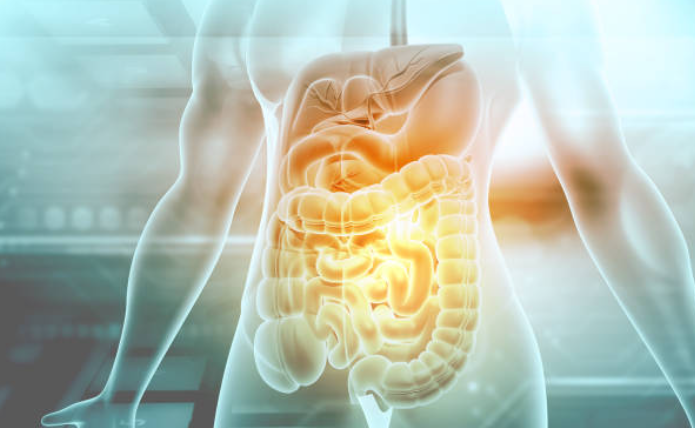How Your Gut Talks to Your Brain: The Secret Connection Behind Mood, Focus, and Cravings
MINDSETALL BLOGS


You might think your brain is in charge of everything, but your gut has a say in more than you realize. Have you ever felt “butterflies” before a test? Lost your appetite during stress? Felt calm after eating certain foods? That’s not a coincidence. That’s your gut-brain axis in action.
The gut and brain are in constant conversation through nerves, hormones, and chemicals. And what happens in your belly often shapes how you think, feel, and behave.
What is the gut-brain axis?
The gut-brain axis is the two-way communication system between your digestive tract and your brain. The main highway between them is the vagus nerve, which sends signals back and forth all day long. Your gut is lined with millions of neurons. It even produces some of the same chemicals as your brain, like serotonin and dopamine. That’s why it’s often called the “second brain.”
How your gut affects your brain
Mood. About 90 percent of serotonin (the happiness chemical) is made in the gut. A healthy gut can support emotional balance, while an imbalanced gut may contribute to depression or anxiety.
Memory and focus. Gut bacteria influence inflammation and brain function. A healthy microbiome supports sharper thinking and better memory.
Stress response. A strong gut helps regulate cortisol and calm your nervous system. A weak gut may make you feel more reactive or overwhelmed.
Cravings. Certain gut bacteria can drive sugar and carb cravings by signaling your brain to feed them.
Sleep. The gut helps regulate melatonin, your sleep hormone. If your digestion is off, your sleep may be too.
What disrupts the gut-brain connection?
Poor diet (sugar, refined carbs, processed food)
Antibiotics without probiotics
Lack of fiber
Chronic stress
Poor sleep
Artificial sweeteners
Environmental toxins (plastics, pesticides)
What does science say?
A 2017 study in Microbiome found that people with a diverse gut microbiome had better emotional resilience and less anxiety.
A 2015 study in Psychiatry Research showed that probiotic-rich foods like yogurt and kimchi were linked to fewer social anxiety symptoms.
Research from Frontiers in Neuroscience found that gut inflammation can impair brain function and increase the risk of mood disorders.
A 2021 review in Cell reported that the gut microbiome plays a key role in regulating the stress response and cognitive function.
How to support the gut-brain axis
Eat more fermented foods. Yogurt, kefir, kimchi, sauerkraut, and miso feed the good bacteria in your gut.
Add prebiotics. Foods like garlic, onions, leeks, bananas, and oats help feed your gut microbes.
Reduce sugar and processed food. These feed harmful bacteria and increase inflammation.
Manage stress. Try deep breathing, meditation, or time in nature to reduce nervous system tension.
Sleep consistently. Aim for 7 to 9 hours to support gut repair and healthy rhythms.
Limit unnecessary antibiotics. If you must take them, follow with a probiotic protocol.
Stay hydrated. Water helps with digestion and microbial balance.
Final thought
Your gut isn’t just about digestion; it’s a powerful control center that shapes your emotions, memory, cravings, and energy. When your gut is balanced, your brain becomes clearer and more resilient. It’s not about following a perfect diet. It’s about feeding the system that feeds you back. Because sometimes the best way to heal your mind… is to start with your gut.